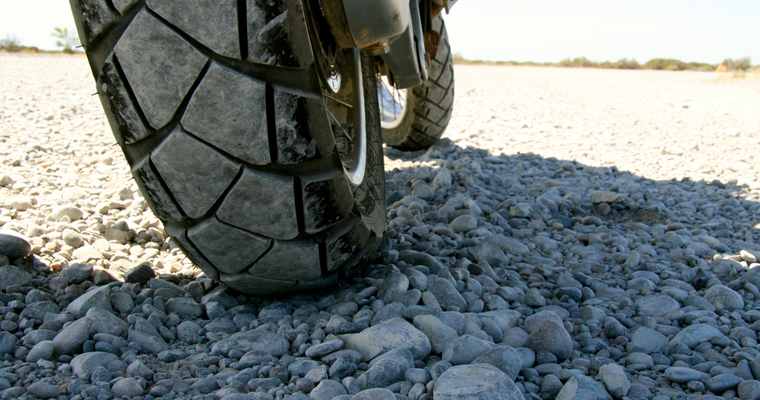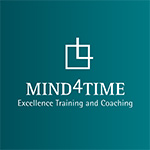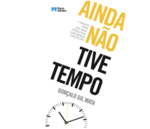Peninsula Valdez, ARGENTINA
Já alguma vez passou pela experiência de "atolar" o seu automóvel, por exemplo na areia ou na lama? Lembra-se da estranheza de acelerar e não produzir qualquer efeito, exceto talvez o de agravar a situação? Para quem gosta de todo-o-terreno, o conceito de tração é muito familiar: é o que une a força ao movimento, o investimento de energia ao proveito, a dedicação de recursos ao retorno pretendido.
Também no mundo das emoções, de vez em quando, fica-nos amputada a capacidade de produzir resultados. Não por falta de força, não por falta de esforço, mas por falta de tração. Usando uma metáfora de George Pransky - autor do brilhante "The Relationship Handbook" - é como quando o sistema digestivo está perturbado, e não consegue absorver corretamente os nutrientes dos alimentos. Aí, uma unidade de alimento deixa de significar uma unidade de nutrição.
Do ponto de vista emocional, todos já tivemos este "défice de tração" num momento ou outro: estamos lá fisicamente, na festa, tudo a acontecer, mesmo agora, como tanto tínhamos antecipado, à nossa volta tudo corresponde ao imaginado, mas cá por dentro, onde tudo devia também corresponder, não há a intensidade suposta. É como se não estivéssemos mesmo lá. Como se cada unidade de experiência nos preenchesse menos, nos alimentasse menos: num processo de abstração, de dissociação.
Esta falta de tração da experiência em termos de retorno na sensação interna, quando rotineira, pode trazer alguns distúrbios, tipicamente expressos em esquemas viciados, como comer em demasia, alcoolismo ou drogas. Ou meramente numa contínua necessidade de fazer acontecer muitas coisas "cá fora", para fazer abanar o "cá por dentro". Desportos radicais de intensa adrenalina cabem facilmente nesta categoria. Sucesso profissional também. Num dia de muito stress, é fácil perdermo-nos em grandes doses de intensa atividade, e chegar ao final do dia a pensar: "não fiz nada do que queria".
Quando não há tração, a força do motor é irrelevante. Por outro lado, carregar no acelerador pode ser atraente, porque até costuma resultar - talvez não esteja a carregar a fundo o suficiente? Vem o vício. Come-se mais uma bolacha, e outra e outra, e consulta-se o e-mail repetidamente à procura de vitórias fáceis que aliviem, e nunca resolve - a raiz está nos temas que precisam de decisões difíceis, não em maior quantidade de execução. Paul McKenna, especialista de distúrbios de obesidade, recomenda um post-it na porta do frigorífico: "estou mesmo com fome, ou gostaria apenas de mudar o meu estado emocional?".
É quando nos perdemos numa edificação abstrata do que seria suposto ser a nossa vida, que começamos a digerir deficientemente o momento presente, alimentando a esperança de que um dia, quando tudo estiver como deve ser, todos os momentos serão fantásticos. Todo o radar fica então consumido pelo "projeto", pelas "instruções", pela monitorização de progresso...
Para sair dessa eventual armadilha, há que largar. Há que voltar a ampliar o canal sensorial, respirar fundo, sentir a pele exposta ao privilégio de existir e absorver o que está aí mesmo à mão de semear, agora. Por fora, nada fica muito diferente: ninguém se vai retirar para um mosteiro e virar budista. Não: a roupa continua a precisar de ser lavada, amanhã o despertador toca como sempre, e a corrida à melhoria e ao desafio mantém-se. Simplesmente os pneus estão mais adequados. Corremos alimentados pelo gozo de jogar com entusiasmo, e por valores de contributo e aprendizagem e vontade de sorver vida - não para cobrir défices ilusórios de insuficiência.
Acima de tudo, se lhe falta tração, alivie um pouco o acelerador...
EMOTIONAL TRACTION
Have you ever had the experience of "jamming" your car, for instance in the sand or mud? Do you remember the strangeness of speeding without having any effect, except perhaps to aggravate the situation? For those who like all-terrain, the traction concept is very familiar: it is what links force to movement, energy investment to benefit, allocation of resources to desired outcome.
Also, in the world of emotions, once in a while, we get our ability to produce results amputated. Not by a lack of strength, nor a lack of effort, but due to lack of traction. Using a George Pransky’s metaphor - author of the brilliant "The Relationship Handbook" - it's like when the digestive system is disturbed, and cannot properly absorb nutrients from food. Then, one food unit doesn’t mean one nutrition unit anymore.
From an emotional standpoint, we've all experienced this "traction deficit" one time or another, we are physically there, at the party, all happening, right now, just as we had anticipated, everything around us matches what we’ve imagined, but inside us, where everything should also match, we don’t feel the supposed intensity. It's like we’re not really there. As each unit of experience fills us less, feeds us less: in a process of abstraction, of dissociation.
This lack of experience traction in terms of return of internal sensations, when common, may bring up some disorders, typically expressed in biased schemes, such as overeating, alcoholism or drugs. Or merely a continuous need to make lots of things happen "outside" to “shake things inside". Intense adrenaline extreme sports easily fit in this category. Professional success also. On a day of too much stress, it’s easy to get lost in big doses of intense activity, and reach the end of the day thinking: "I didn’t do anything that I wanted".
When there is no traction, engine power is irrelevant. On the other hand, pressing the accelerator can be attractive because it often works - perhaps I’m not stepping it heavily enough? Addiction arrives. We eat one more cookie, and another and another, and check the email repeatedly looking for easy victories that relieve but never solve - the root is in the topics that need tough decisions, not in bigger amounts of execution. Paul McKenna, obesity disorders specialist, recommends a post-it on the refrigerator door: "Am I really hungry, or I would just like to change my emotional state?”.
It is when we lose ourselves in an abstract construction of what our life was supposed to be, that we begin to poorly digest the present time, fueling the hope that one day, when everything is as it should be, every moment will be fantastic. The whole radar is then consumed by "project", by "instructions", by progress monitoring ...
To get out of this potential trap, we must let go. We must expand the sensory channel once again, take a deep breath, feel the skin exposed to the privilege of existing and absorb what is right there, at hands reach, right now. On the outside, nothing is much different: no one is going to retire to a monastery and become a Buddhist. No: the clothes still need to be washed, the alarm clock will ring tomorrow morning as always, and the chace to improvement and challenge remains. It’s just that the tires are more adequate now. We run fed by the joy of playing with enthusiasm, and by values of contribution and learning and willingness to absorb life - not to cover illusory deficits of failure.
Above all, if you lack traction, go easier on the throttle...




